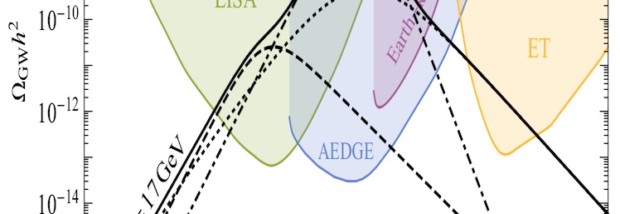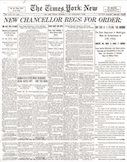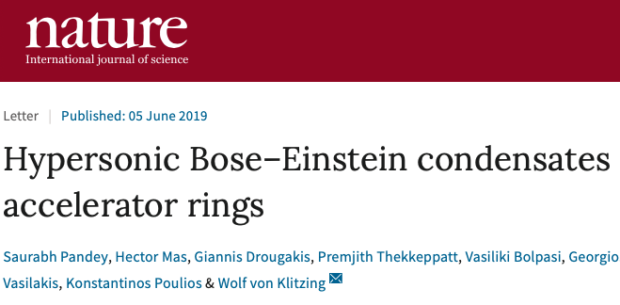Πρόσκληση σε Δημόσια Παρουσίαση της Διδακτορικής Διατριβής του
κ. Saurabh Pandey
(Σύμφωνα με το άρθρο 41 του Ν. 4485/2017)
Την Παρασκευή 12 Ιουλίου 2019 και ώρα 10:00 στην αίθουσα Τηλεεκπαίδευσης στο κτήριο Τμήματος Μαθηματικών και Εφαρμοσμένων Μαθηματικών, Πανεπιστημίου Κρήτης, θα γίνει η δημόσια παρουσίαση και υποστήριξη της Διδακτορικής Διατριβής του υποψήφιου διδάκτορα του Τμήματος Επιστήμης και Τεχνολογίας Υλικών κ. Saurabh Pandey με θέμα:
«Guided Matter-Wave Interferometry»
Abstract:
Atom interferometry is an extremely sensitive and accurate means of measuring time, gravity, rotation, acceleration, magnetic gradients, and even fundamental physical constants. In particular for rotation sensing, these atomic systems are 10 billion times more sensitive than the optical gyroscopes, for an equal area of the interferometer loop. For practical applications such as satellite-free navigation, the ultracold atom based gyroscopes have to become portable and compact, without compromising their sensitivity. This can be achieved by trapping and manipulation of ultracold atoms in smooth, area-enclosing waveguides. A major challenge, so far, has been the lack of ability to guide the trapped atomic wave-packets over long distances at relatively high speeds.
I will present excitation-free transport of Bose-Einstein condensates (BECs) at hypersonic speeds in magnetic time-averaged adiabatic potential (TAAP) rings traps. For the first time, matter-waves are transported for a record distance of 40 cm at hypersonic speeds without detecting any extra excitation when compared to the static case. The extreme smoothness of TAAP rings is demonstrated via the propagation of ultracold 87Rb atoms in ring waveguides. In addition, I studied atom optics with moving BECs in flat ring waveguides, to enable long distance guiding, and ultralow temperatures of the trapped atoms. I implemented an optimal cooling technique to achieve compact BEC guiding for seconds, and the effective BEC interaction energy was lowered by a factor of 30. These demonstrations provide a new platform to realize highly sensitive, miniaturized cold-atom-based gyroscopes, and investigate fundamental questions.








































